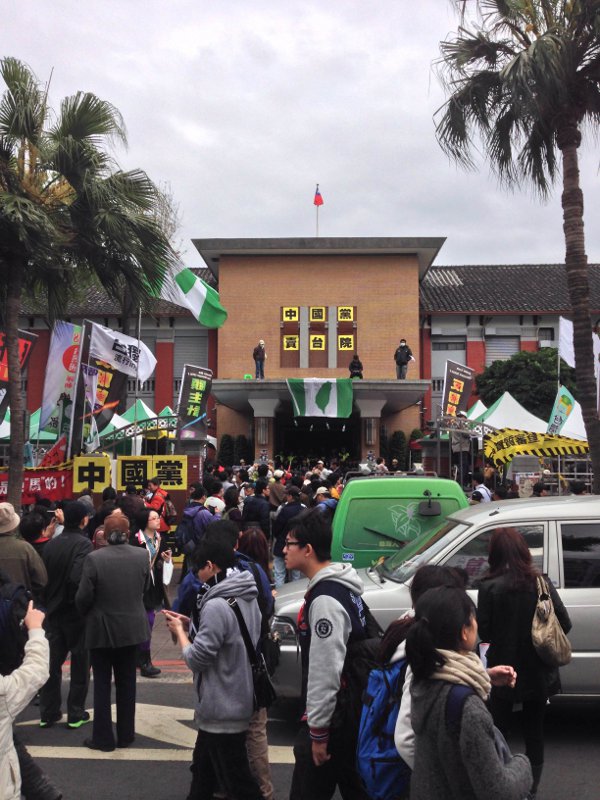In anticipation of the 4th of July weekend, I was compelled to read this very interesting (July 1 draft) manuscript: "Punctuating Happiness", by UPS Foundation Professor Danielle S. Allen of the Institute for Advanced Study at Princeton. A political theorist friend's Facebook post led me both to the article and to this front-page NYT piece on it: "If Only Thomas Jefferson Could Settle the Issue: A Period is Questioned in the Declaration of Independence", by Jennifer Schuessler (July 2 online, July 3 print).
Professor Allen makes a thorough and compelling case for her claim that the second sentence of the actual Declaration of Independence parchment has a comma after the well-known phrase "life, liberty, and the pursuit of happiness" — and not a period, as the most frequently reproduced version of the document, an engraving made by printer William J. Stone in 1823, would lead one to believe. The matter can't be resolved via visual inspection; the parchment is extremely faded, and Allen presents some evidence — suggestive but not conclusive, in my opinion, but that's neither here nor there — that it may have already been sufficiently faded at the time of Stone's engraving. Allen thus "advocate[s] for the use of hyper-spectral imaging to re-visit the question of what is on the parchment".
For everyone's reference, here is the relevant "second sentence" of the Declaration of Independence, as transcribed on pp. 2-3 of Allen's manuscript, with the "errant period" highlighted in green.
We hold these truths to be self-evident, that all men are created equal; that they are endowed by their Creator with certain unalienable rights; that among these are life, liberty, and the pursuit of happiness. — That to secure these rights governments are instituted among men, deriving their just powers from the consent of the governed, — That whenever any form of government becomes destructive of these ends, it is the right of the people to alter or to abolish it, and to institute new government, laying its foundations on such principles and organizing its powers in such form, as to them shall seem most likely to effect their safety and happiness.
Read the rest of this entry »
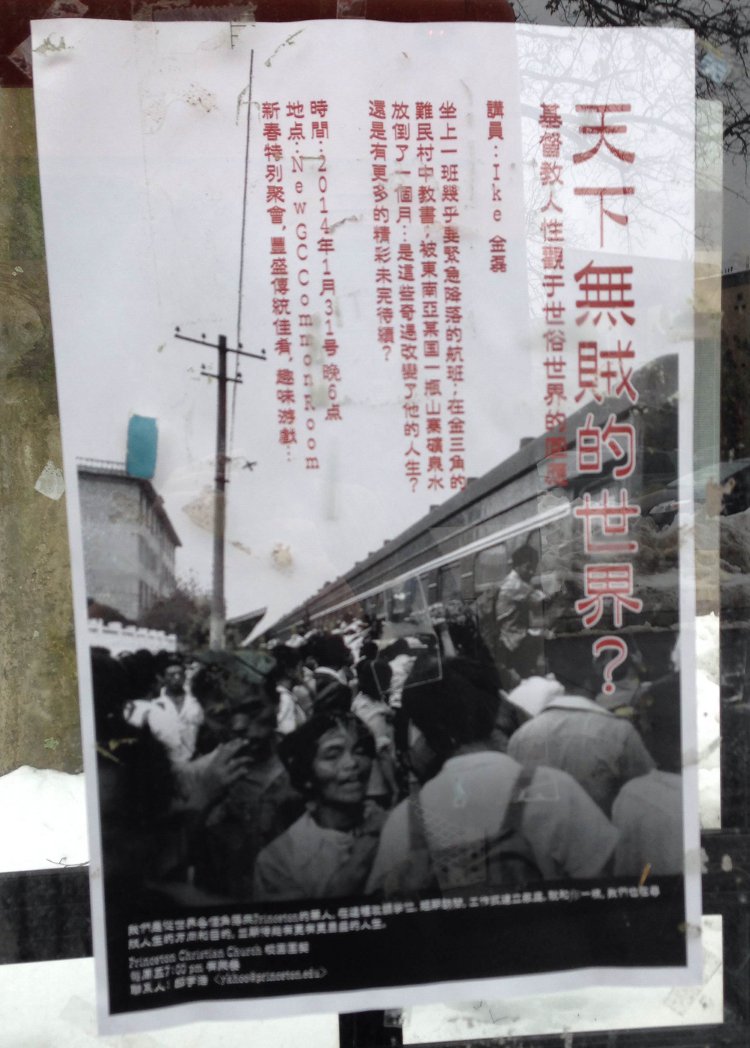
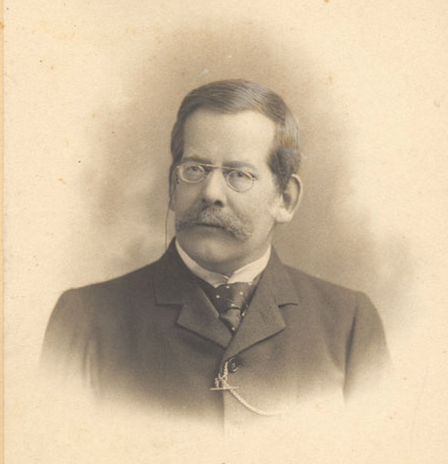
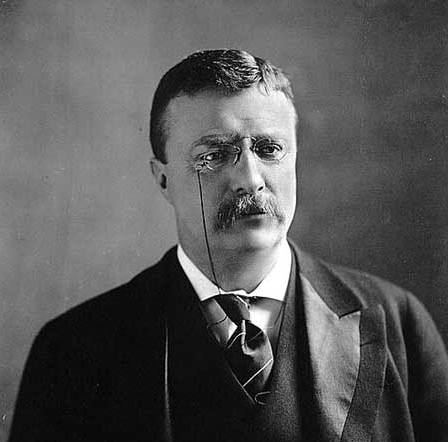
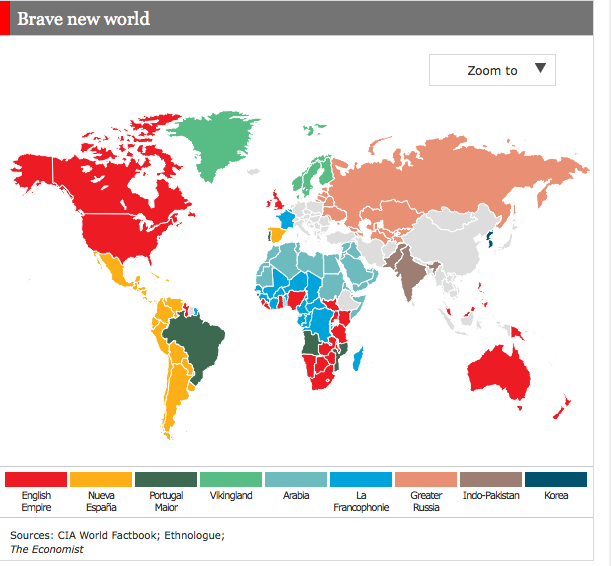 I had been waiting for the world's media to notice the extraordinarily anomalous character of Vladimir Putin's notion that he can annex pieces of land simply because speakers of the Russian language live there and are feeling aggrieved or imperilled. And now The Economist has done the job very nicely. See
I had been waiting for the world's media to notice the extraordinarily anomalous character of Vladimir Putin's notion that he can annex pieces of land simply because speakers of the Russian language live there and are feeling aggrieved or imperilled. And now The Economist has done the job very nicely. See 